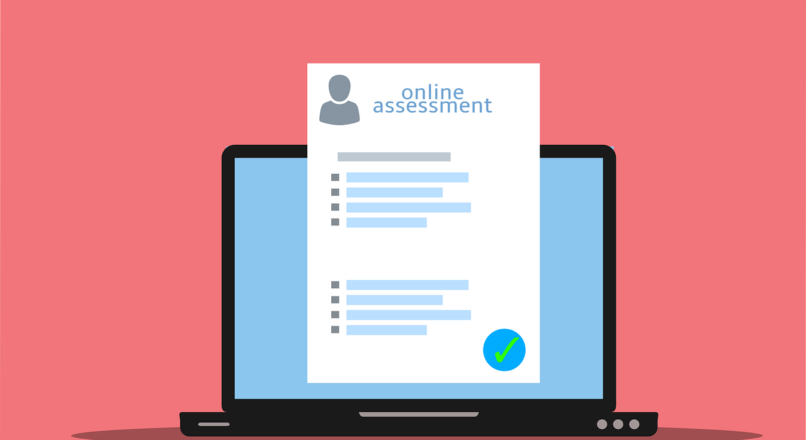
Performance-Based Assessments: Evaluating Student Competencies and Practical Abilities
Gone are the days when traditional exams were the only way to evaluate a student’s academic performance. Performance-based assessments have gained immense popularity in recent years, especially in assessing the practical abilities and competencies of students. Performance-based assessments provide a more holistic approach to evaluating a student’s knowledge and skills in real-world situations.
In this blog, we will delve into the world of performance-based assessments and how they can benefit businesses and educational institutions alike.
Differentiating Types of Performance-Based Assessments and Their Applications
Performance-based assessments are one of the most common assessment types designed to measure a student’s ability to apply their knowledge and skills in real-life situations. These assessments focus on evaluating practical abilities and competencies that are necessary for success in a particular field.
Unlike traditional exams, performance-based assessments require students to demonstrate their understanding and application of skills, rather than simply memorising information.
Project-Based Assessment
One type of performance-based assessment is project-based assessment, which asks students to complete a task or project that demonstrates their knowledge and skills. For example, a student pursuing a career in graphic design may be required to create a branding campaign for a fictional company.
Project-based assessments are beneficial as they allow students to showcase their creativity, critical thinking, and problem-solving skills.
Scenario-Based Assessment
Another popular type of performance-based assessment is the scenario-based assessment. In this type of assessment, students are presented with a simulated real-world situation and are required to evaluate and respond to it. For example, a business student may be tasked to provide a solution to a problem a company may be facing.
This type of assessment allows students to showcase their ability to apply their knowledge and skills in practical scenarios.
Simulated Assessments
Simulated assessments are another type of performance-based assessment that is commonly used. These types of assessments simulate real-life scenarios that students may encounter in their studies or future career. For example, a nursing student may be assessed on their ability to properly administer medication to a patient in a simulated hospital scenario.
These types of assessments are beneficial as they provide a risk-free environment for students to practice and hone their skills.
Portfolios
Portfolios are another type of performance assessment that can be used. A portfolio is a collection of work completed throughout study or career, usually highlighting the student’s best achievements.
Portfolios allow students to demonstrate their progress in subjects and allow instructors to measure long-term growth and mastery of concepts. Portfolios can also be used to showcase an individual’s skills and abilities to potential employers, making them a great tool for job seekers.
In Summary
Performance-based assessments provide a more accurate evaluation of a student’s practical abilities and competencies in real-world situations. They have been proven beneficial in developing a student’s critical thinking, problem-solving, and decision-making skills. Educators and businesses can benefit greatly from implementing performance-based assessments as it provides a better understanding of a student’s knowledge and skills.
By incorporating these assessments in their curriculums, educators can provide students with a more well-rounded education, equipping them with the necessary skills and knowledge for career success.


Leave a reply
You must login or register to add a new comment .